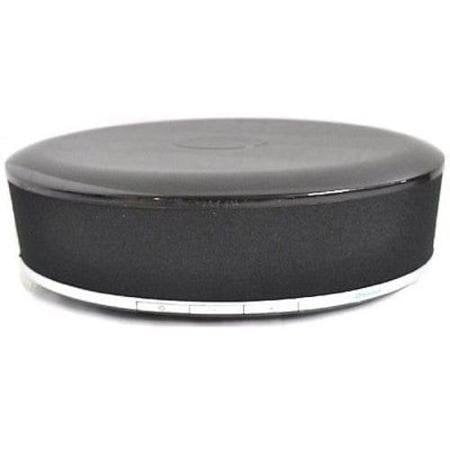

The reason why a humbucker won’t have humming issues is that a humbucker uses two single coils instead of one. A humbucker will very rarely experience any humming issues and if so, they would probably arise due to a problem with faulty wiring in them.
#Gembox no sound Patch
Get yourself some new guitar cables and patch cables that are shielded. The best fixes for 60/50hz cycle hum would be to shield your pickups and guitar body, even changing the type of strings you use. It is generally why this type of hum is usually called ’60 cycle’ hum and can come from the mains supply, it has a low constant sound. In the USA electricity alternating current cycles at 60Hz and 50Hz in the UK and everywhere else outside of the US. It’s called 60 cycle hum, because all the wiring in your home or a venue will generate an electromagnetic field and that will affect your guitar’s signal to some degree. They pick everything up and it gets amplified through pedals, seriously you might even pick up the radio. The single coils hum because their magnetic coils act as an antenna and they are sensitive to external electromagnetic interference from things such as lights, TV's, even your guitar amplifier. It can occur and is more noticeable when using single coil pickups. This is a normal hum that you hear when you turn your amp on. Is it a Single Coil or a Humbucker? A bit of a clue in the name of the last one as to what it might do.Ħ0 cycle hum is probably the most used phrase banded about online regarding guitar noises. One problem will become amplified by another, you will hear it through your amp. You can’t blame one thing, they come as a whole package, a combination, so you need to look at everything. So first let’s look at your guitar set up and then talk about the different types of EMI noise found by guitarists and what you can do to help sort it out. So the main one to look out for are Radiated and Conducted, often interlinked radiated can be conducted through to your guitar amp. Bang – that pop when you turn your amp off/on is from a capacitor. Oh pretty much everything.Ĭoupled - This occurs when a changing voltage from the source capacitively transfers a charge to the victim circuitry. So now we are talking wires, patch cables, power supplies, extension cables, guitar, pedals, amp. This may be along power cables or other interconnection cabling. Think : lights, mobile phones, routers/modems, fans, basically everything else from the mains electricity supply.Ĭonducted - Conducted emissions occur as the name implies when there is a conduction route along which the signals can travel. The source radiates a signal which may be wanted or unwanted, and the victim receives it in a way that disrupts its performance. It is the type of EM that is normally experienced when the source and victim are separated by a large distance - typically more than a wavelength.

Radiated - This type of EMI is probably the most obvious.


It can also have a variety of characteristics depending on its source and also the nature of the mechanism that produces rise to the interference.īy the very name of interference given to it, EMI is an unwanted signal at the signal receiver and in general there are also some pretty standard methods to identify and reduce the level of the interference. So the noise you hear is EMI - electromagnetic interference can arise from many sources, being either man made or natural. Tracing faults can be hard and not necessarily caused by the last component you added to it. So the more wires and things you throw at it, the more complex this circuit is going to become. With everything like this, there is a cause and an effect (no pun intended).įirst there are different kinds of noise you might get on your guitar and you just need to be aware of the kinds of noise your guitar/pedals/amp could suffer from.Īny noise you get is going to be generated from some kind electromagnetic interference, after all your guitar/pedals/amp is just an electronic audio circuit. It is pretty hard to diagnose by email without being there with you. Quite often I get asked why a guitar effect pedal board might be noisy. I wanted to share some of my tips to help identify and remove some noise from your guitar rig and guitar effect pedal board.
#Gembox no sound update
So I thought I would lay down some info here and then probably update it. I have been meaning to write this article for years, in fact I started it and never got around to finishing it, because it can be a complex issue that can send you off on tangents. Electric, Bass and Acoustic Guitar Accessories +.


 0 kommentar(er)
0 kommentar(er)
